Home / west-bengal / Pahalgam Terror Attack: Mamata Banerjee Mourns Loss As 3 Victims Identified From Bengal
Pahalgam Terror Attack: Mamata Banerjee Mourns Loss As 3 Victims Identified From Bengal
By: My India Times
3 minutes read 69Updated At: 2025-04-25
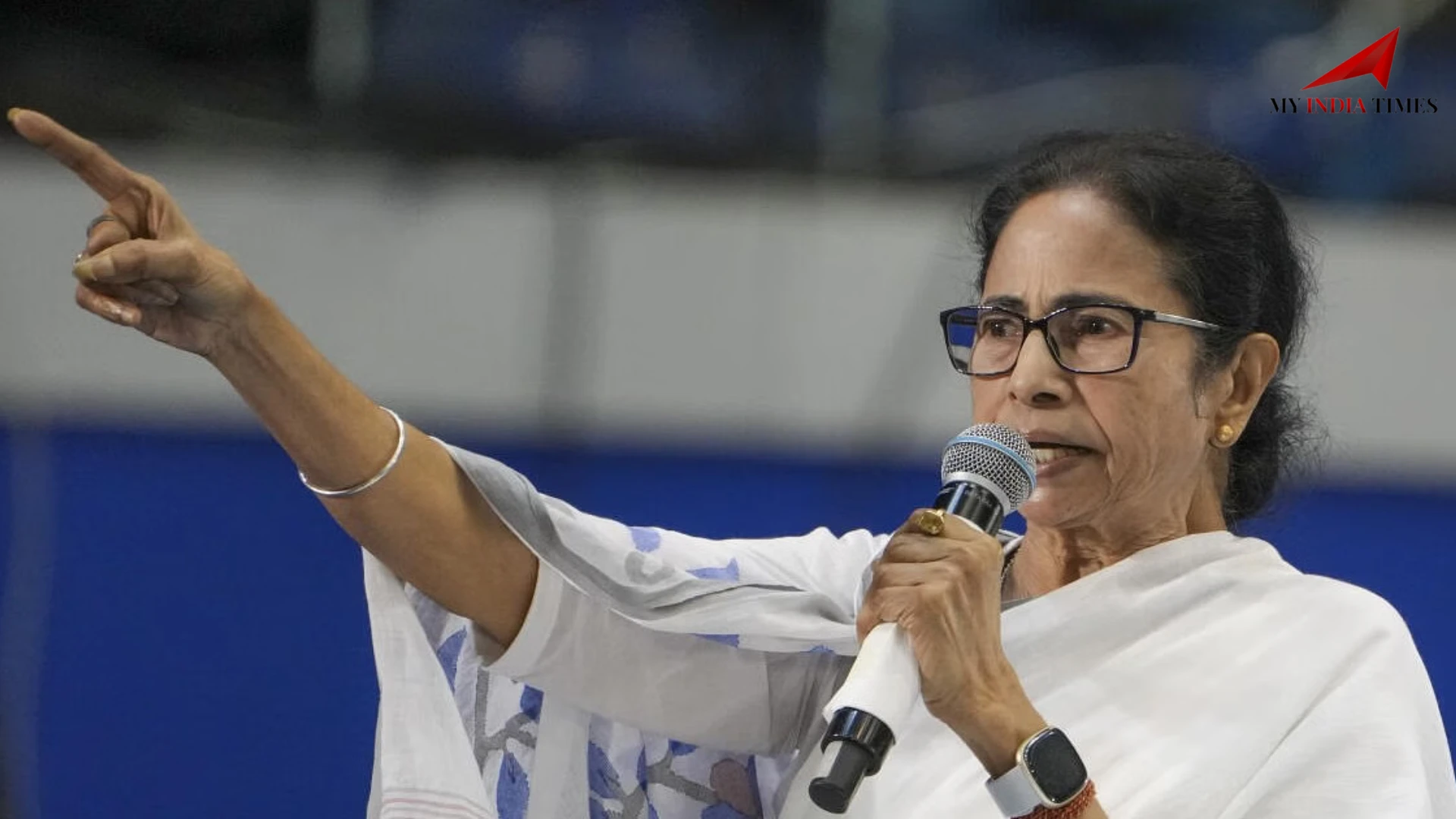
West Bengal Chief Minister Mamata Banerjee on April 23 confirmed that three individuals from Bengal were among those killed in the tragic terrorist attack in Pahalgam, Jammu and Kashmir. Taking to the social media platform X (formerly Twitter), Banerjee expressed her deep grief and announced the necessary arrangements for bringing the victims' bodies back to Kolkata.
She stated that the mortal remains would reach Kolkata Airport by 8:30 pm the same evening. "All arrangements are being put up by our administration at Delhi Airport to help the family members of the victims and their onward journey to Kolkata," Banerjee wrote. She further assured that senior officials were personally overseeing the situation to provide all possible assistance to the bereaved families.
What Happened in Pahalgam?
On April 22, terrorists opened indiscriminate fire on a group of tourists in Pahalgam, a popular hill destination in Kashmir. The sudden attack left at least 26 people dead and many others injured, sending shockwaves across the nation.
Eyewitnesses described chaotic scenes, as two to three armed assailants dressed in military uniforms started firing without warning. Panic spread rapidly among the tourists and locals, many of whom tried desperately to escape the area.
One witness shared with PTI, "We were standing at the taxi stand, and some customers had gone up. Around 2:45 pm, people suddenly started running. When we asked, we found out that gunshots had been fired."
Another survivor told ANI, "We had just left the area when we heard gunshots. There was complete panic, and everyone tried to run. We didn't even look back — we just ran for our lives."
The Resistance Front Claims Responsibility
The Resistance Front (TRF), widely considered to be a proxy group of the terror outfit Lashkar-e-Taiba (LeT), claimed responsibility for the attack. Security agencies have labeled the incident as one of the deadliest civilian-targeted attacks in Jammu and Kashmir in recent years.
Investigations suggest that the attackers may have been operating on prior intelligence regarding the tourist movement, further intensifying concerns about security lapses in the region.
Political and Public Reactions
Political leaders across the spectrum have condemned the brutal attack. Mamata Banerjee’s prompt response in assisting the victims’ families received appreciation, but also renewed calls for strengthening security measures for tourists visiting Kashmir.
Several leaders emphasized the need for tighter coordination between states and the central government to ensure the safety of Indian citizens, especially in vulnerable regions.
Public sentiment across the country has been one of anger and sorrow, with citizens expressing solidarity with the families of the victims. Vigils and condolence meetings were organized in parts of Bengal, especially in Kolkata and Purulia, to honor those who lost their lives.
Security Measures Intensified Post-Attack
Following the attack, security forces in Jammu and Kashmir have launched massive search operations to track down the perpetrators. Extra forces have been deployed in sensitive areas, and checkpoints have been strengthened.
Tourist security protocols are also being revisited, and advisories have been issued to visitors in Kashmir to remain vigilant and avoid risky zones.
Meanwhile, the Jammu and Kashmir administration assured that it is taking all necessary steps to maintain law and order and restore a sense of normalcy for locals and tourists alike.
A Grim Reminder of Past Tragedies
The Pahalgam attack has brought back painful memories of previous terror incidents in Jammu and Kashmir, where civilians and tourists have often been targeted to instill fear and disrupt peace efforts.
Security analysts caution that such attacks are aimed at damaging the image of Kashmir as a safe tourist destination and to destabilize the region’s economy, which heavily depends on tourism.
However, despite the tragedy, voices from across the nation have called for resilience and unity in the face of terror.
....West Bengal Chief Minister Mamata Banerjee on April 23 confirmed that three individuals from Bengal were among those killed in the tragic terrorist attack in Pahalgam, Jammu and Kashmir. Taking to the social media platform X (formerly Twitter), Banerjee expressed her deep grief and announced the necessary arrangements for bringing the victims' bodies back to Kolkata.
She stated that the mortal remains would reach Kolkata Airport by 8:30 pm the same evening. "All arrangements are being put up by our administration at Delhi Airport to help the family members of the victims and their onward journey to Kolkata," Banerjee wrote. She further assured that senior officials were personally overseeing the situation to provide all possible assistance to the bereaved families.
What Happened in Pahalgam?
On April 22, terrorists opened indiscriminate fire on a group of tourists in Pahalgam, a popular hill destination in Kashmir. The sudden attack left at least 26 people dead and many others injured, sending shockwaves across the nation.
Eyewitnesses described chaotic scenes, as two to three armed assailants dressed in military uniforms started firing without warning. Panic spread rapidly among the tourists and locals, many of whom tried desperately to escape the area.
One witness shared with PTI, "We were standing at the taxi stand, and some customers had gone up. Around 2:45 pm, people suddenly started running. When we asked, we found out that gunshots had been fired."
Another survivor told ANI, "We had just left the area when we heard gunshots. There was complete panic, and everyone tried to run. We didn't even look back — we just ran for our lives."
The Resistance Front Claims Responsibility
The Resistance Front (TRF), widely considered to be a proxy group of the terror outfit Lashkar-e-Taiba (LeT), claimed responsibility for the attack. Security agencies have labeled the incident as one of the deadliest civilian-targeted attacks in Jammu and Kashmir in recent years.
Investigations suggest that the attackers may have been operating on prior intelligence regarding the tourist movement, further intensifying concerns about security lapses in the region.
Political and Public Reactions
Political leaders across the spectrum have condemned the brutal attack. Mamata Banerjee’s prompt response in assisting the victims’ families received appreciation, but also renewed calls for strengthening security measures for tourists visiting Kashmir.
Several leaders emphasized the need for tighter coordination between states and the central government to ensure the safety of Indian citizens, especially in vulnerable regions.
Public sentiment across the country has been one of anger and sorrow, with citizens expressing solidarity with the families of the victims. Vigils and condolence meetings were organized in parts of Bengal, especially in Kolkata and Purulia, to honor those who lost their lives.
Security Measures Intensified Post-Attack
Following the attack, security forces in Jammu and Kashmir have launched massive search operations to track down the perpetrators. Extra forces have been deployed in sensitive areas, and checkpoints have been strengthened.
Tourist security protocols are also being revisited, and advisories have been issued to visitors in Kashmir to remain vigilant and avoid risky zones.
Meanwhile, the Jammu and Kashmir administration assured that it is taking all necessary steps to maintain law and order and restore a sense of normalcy for locals and tourists alike.
A Grim Reminder of Past Tragedies
The Pahalgam attack has brought back painful memories of previous terror incidents in Jammu and Kashmir, where civilians and tourists have often been targeted to instill fear and disrupt peace efforts.
Security analysts caution that such attacks are aimed at damaging the image of Kashmir as a safe tourist destination and to destabilize the region’s economy, which heavily depends on tourism.
However, despite the tragedy, voices from across the nation have called for resilience and unity in the face of terror.
By: My India Times
Updated At: 2025-04-25
Tags: west-bengal News | My India Times News | Trending News | Travel News
Join our WhatsApp Channel



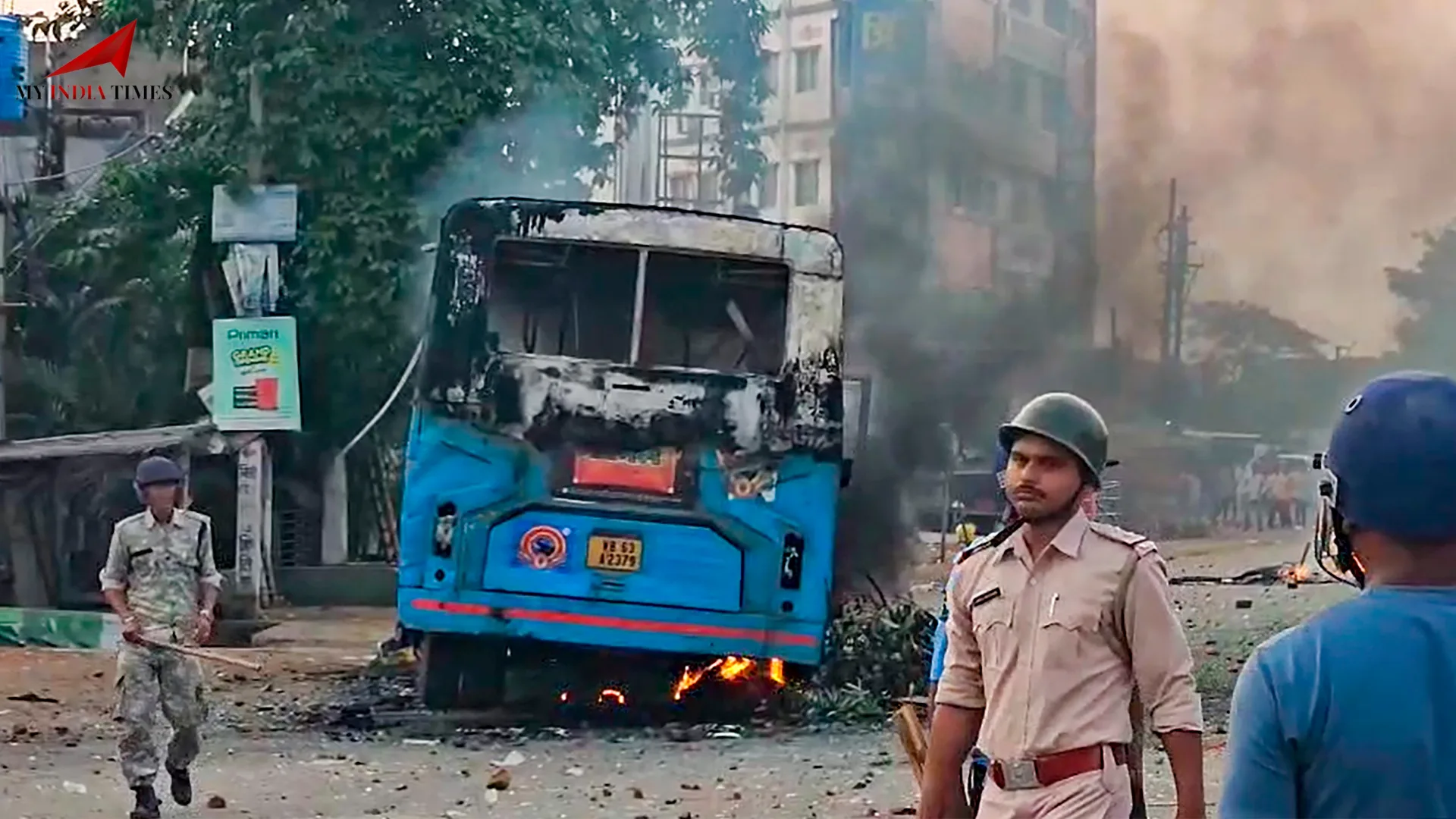
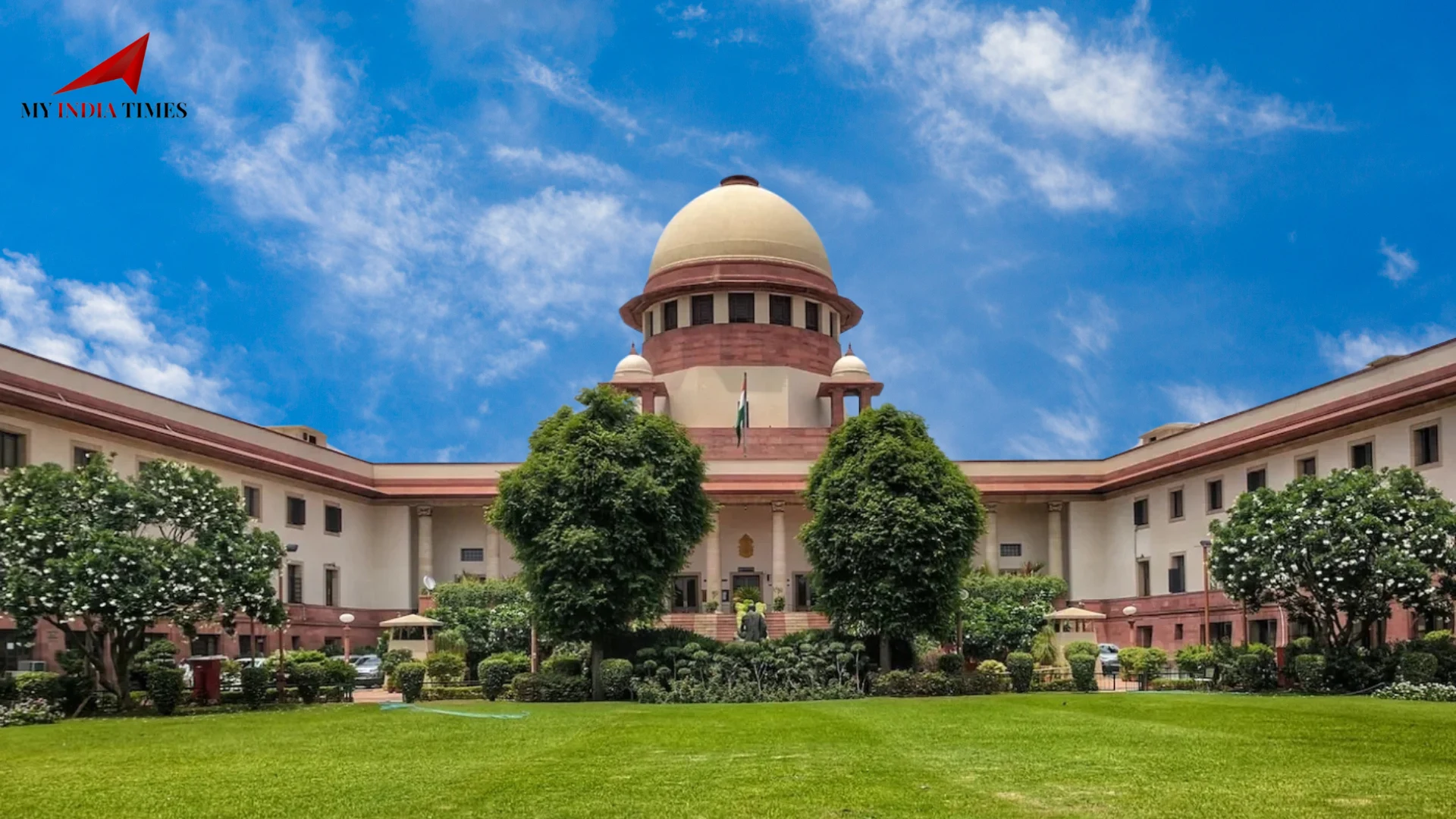
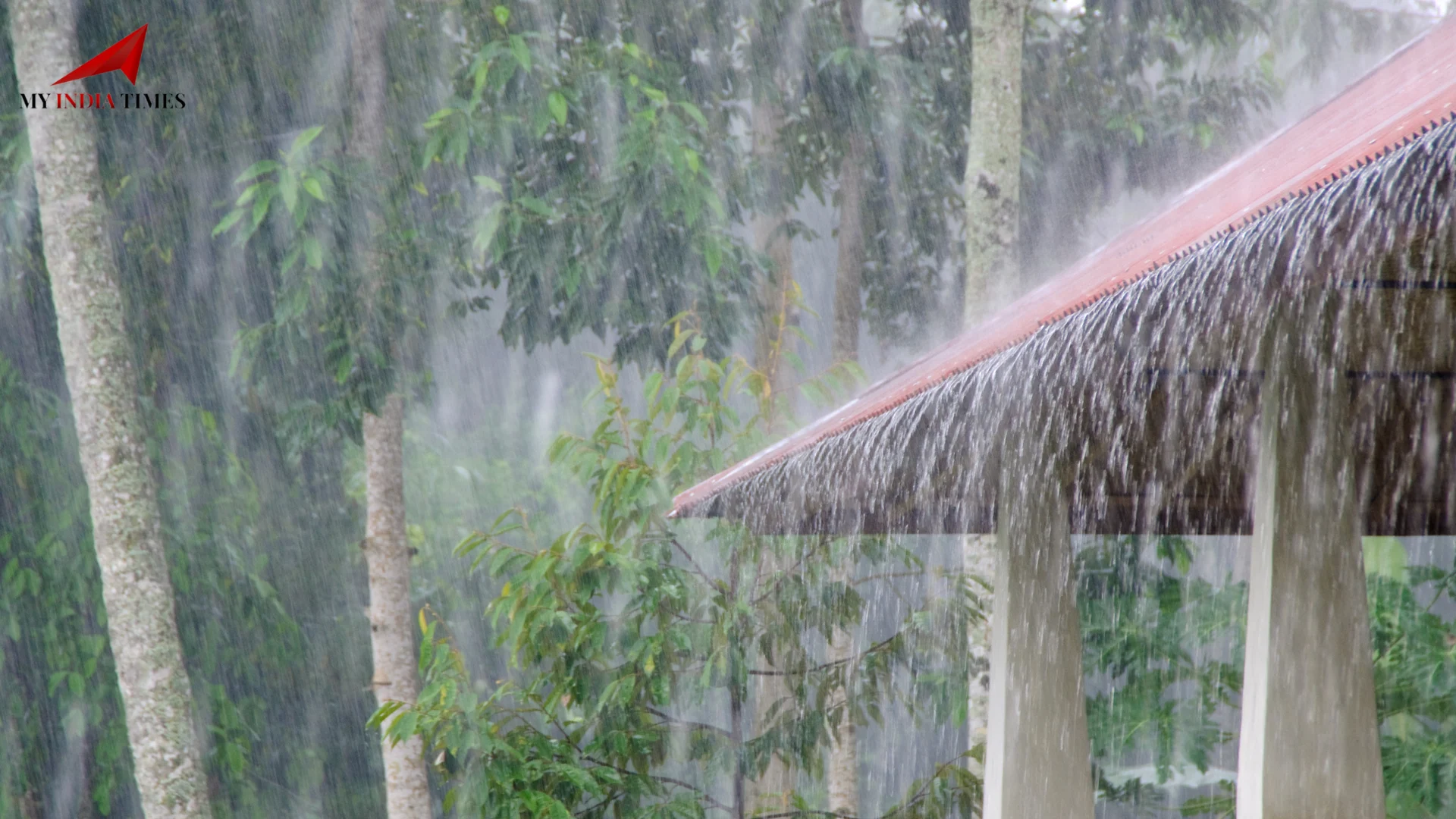

.webp)

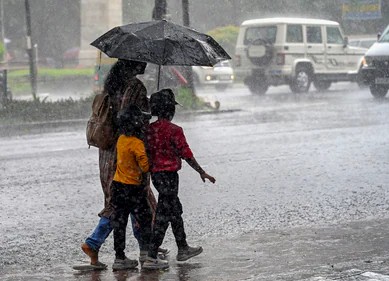
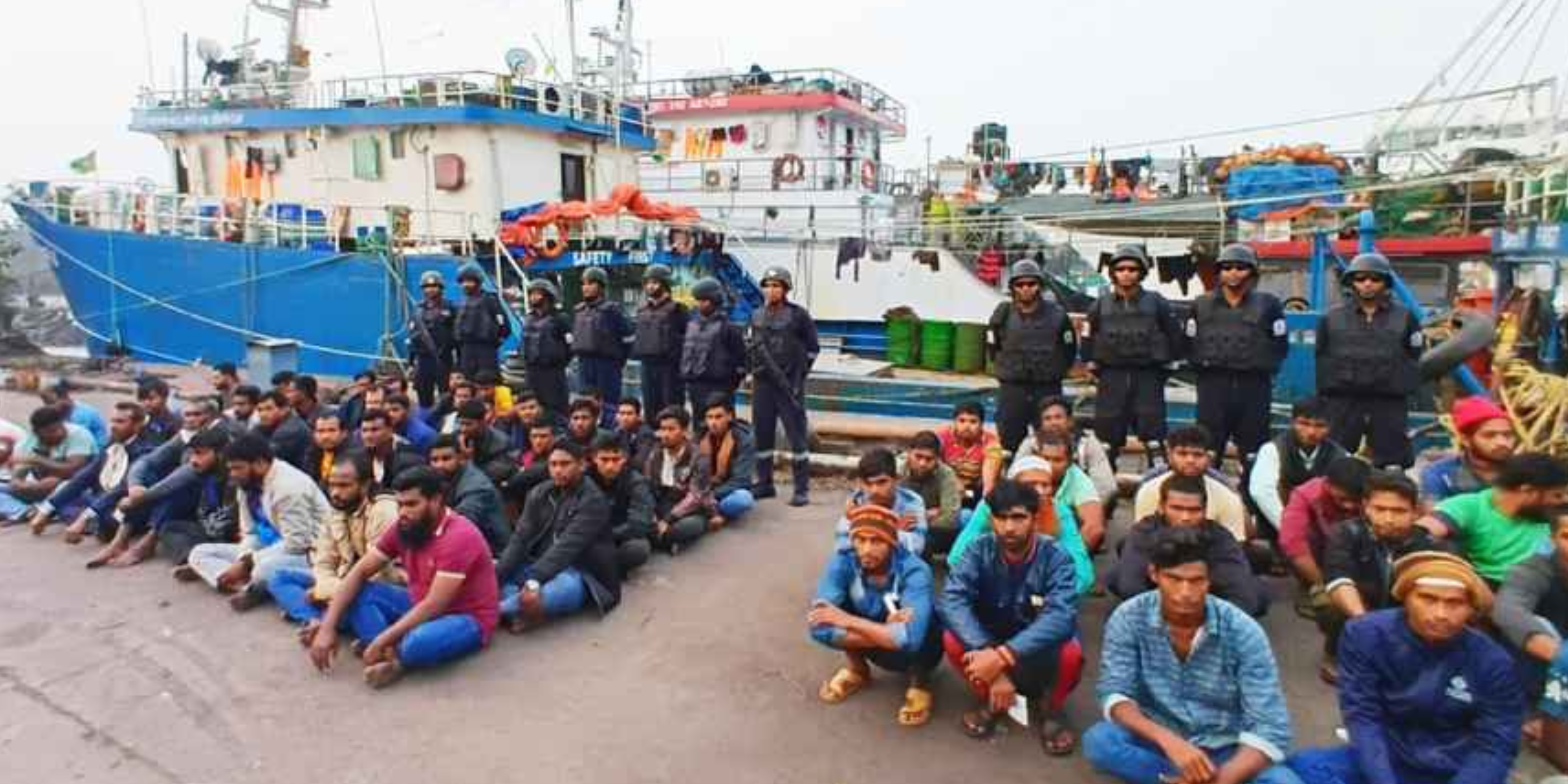

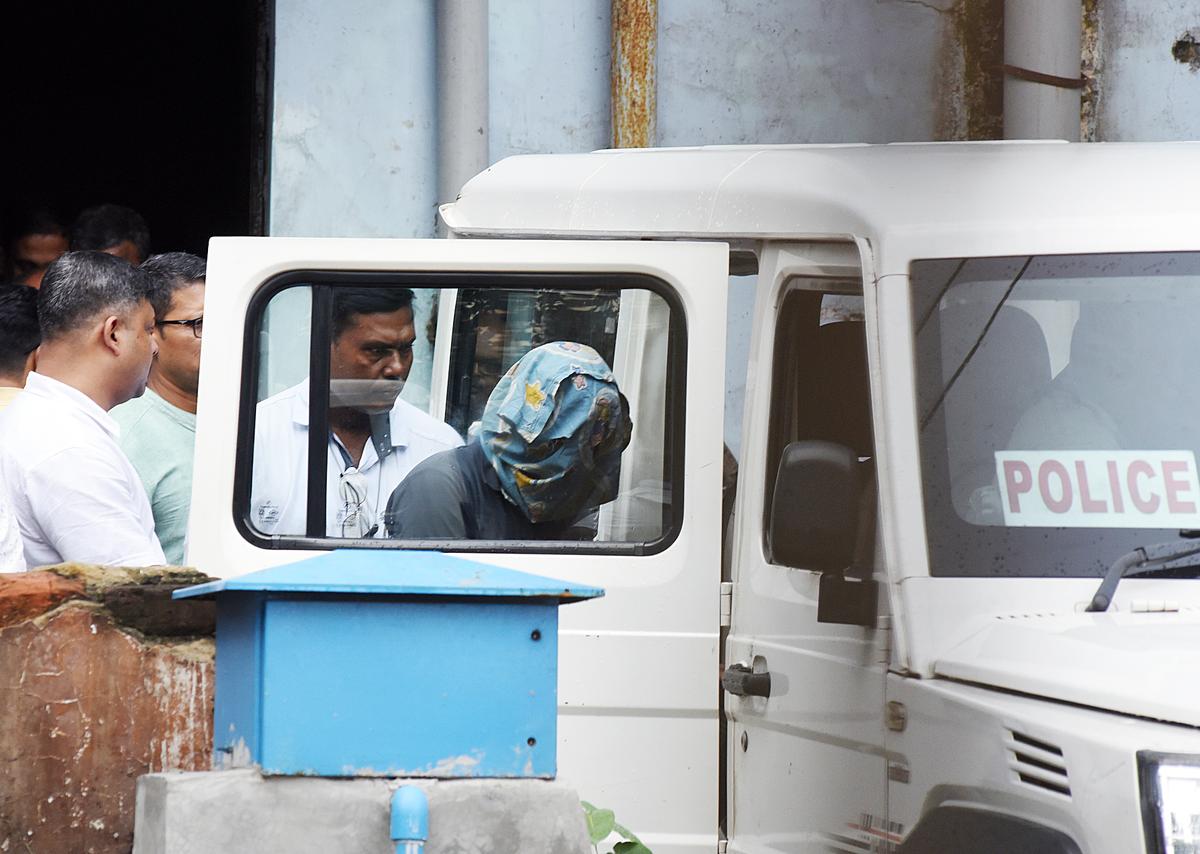
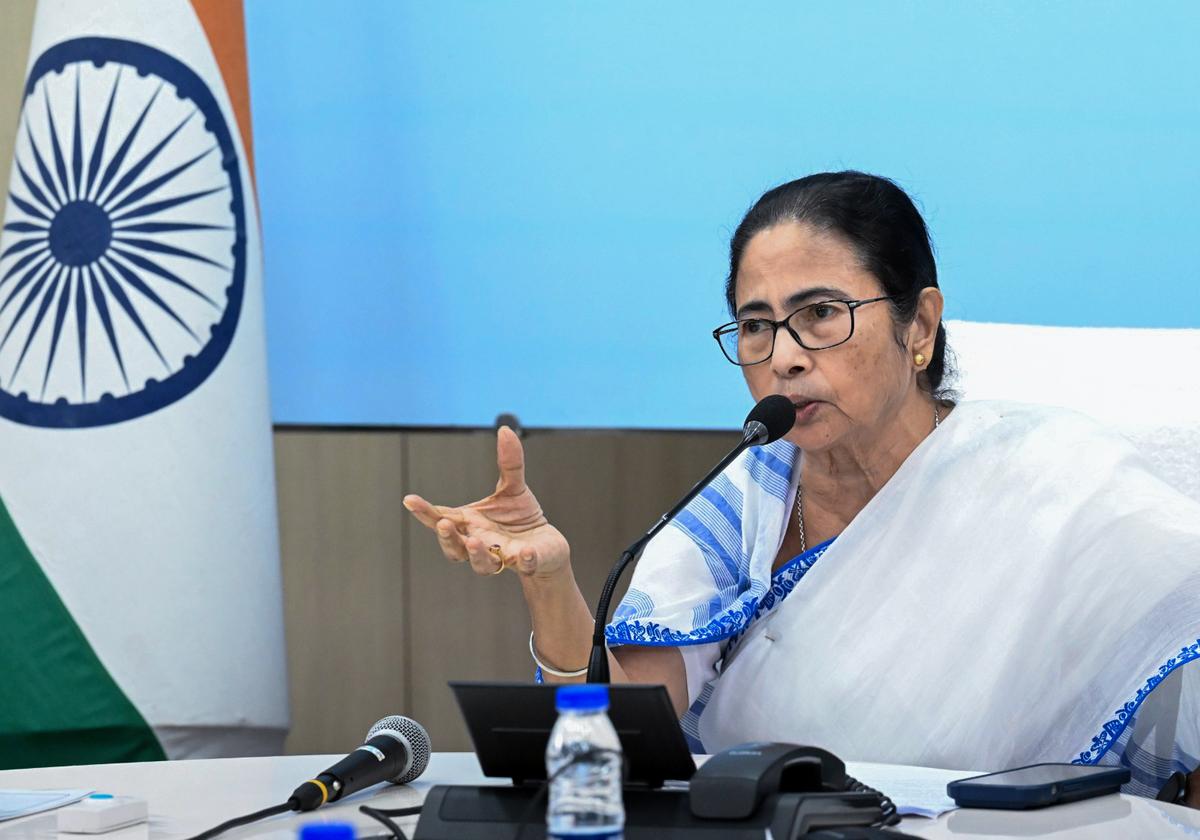
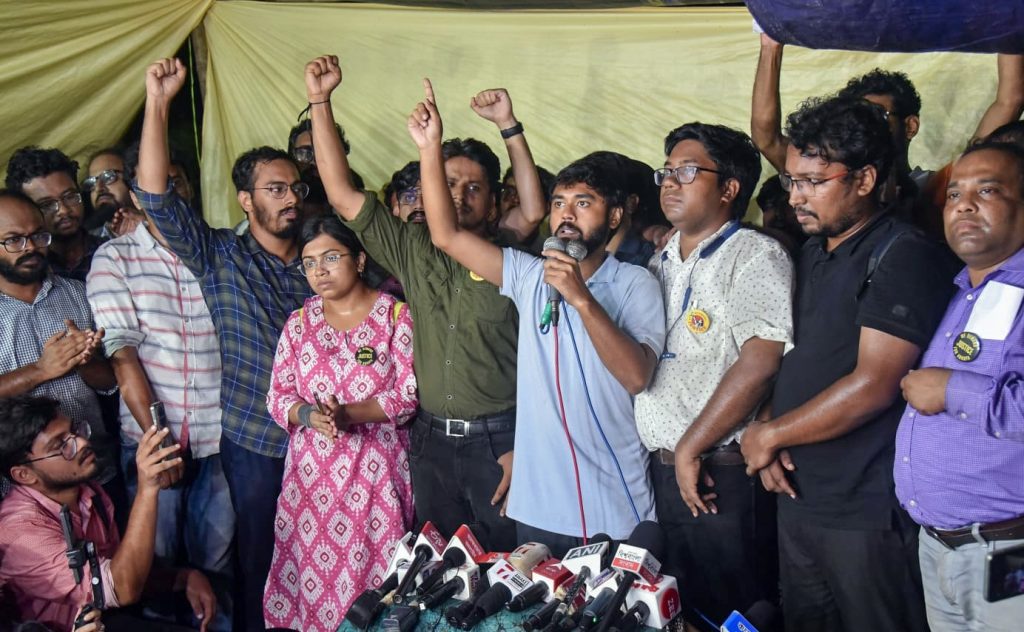
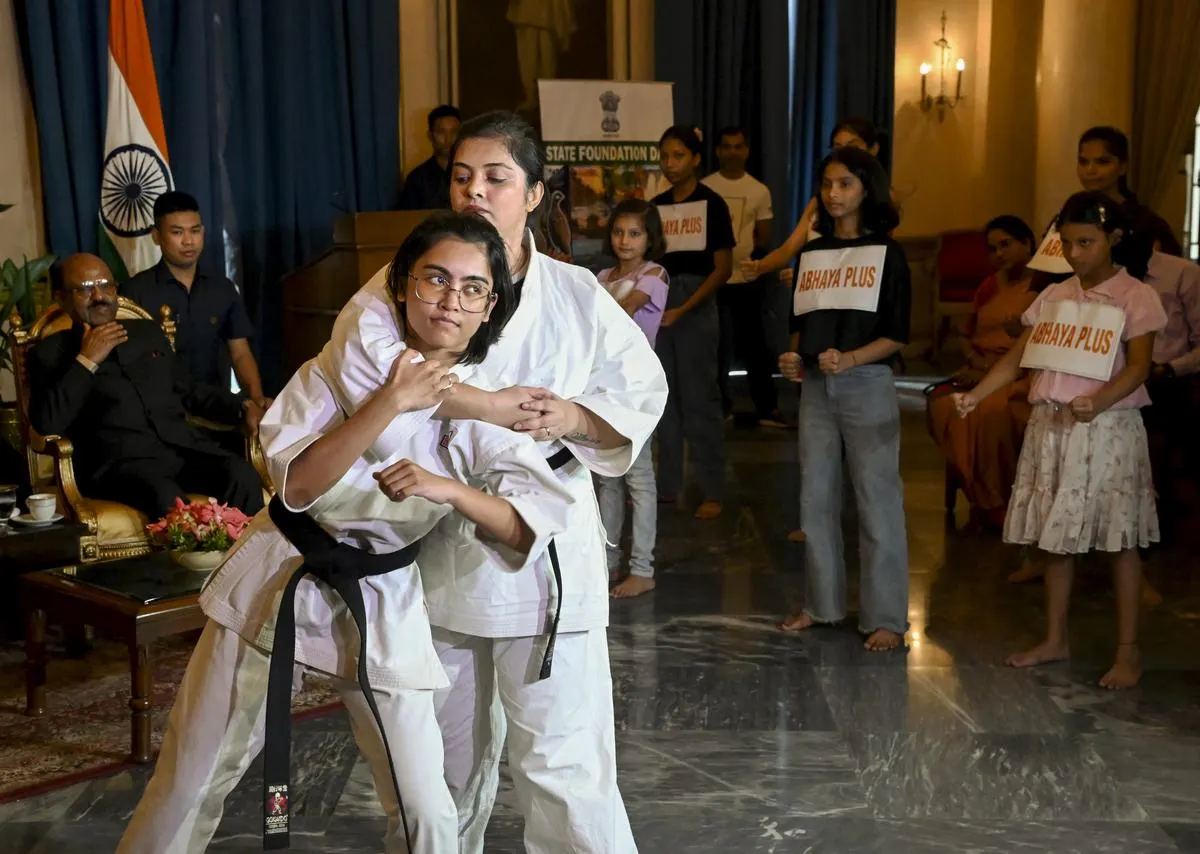
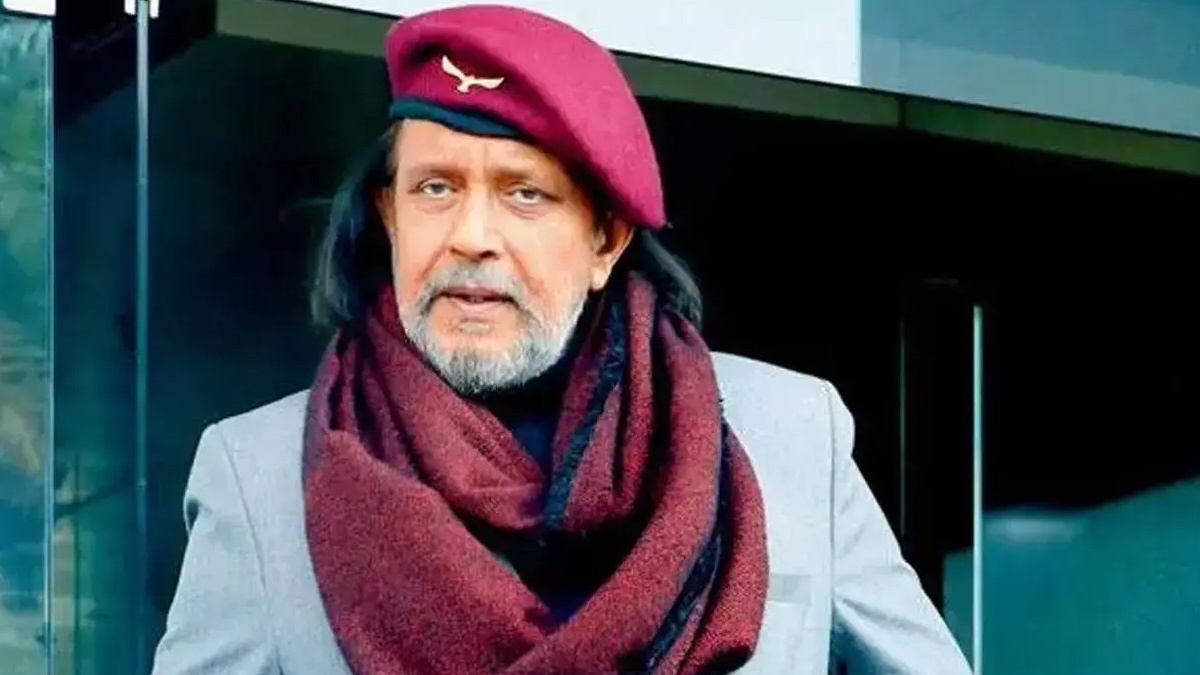

























































































.png)
 (1).png)























